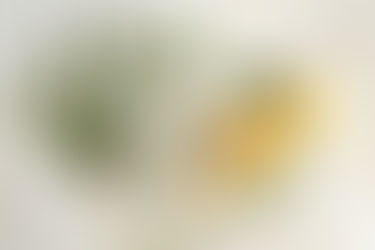Shavuot - Some information about the holiday to prepare
- cgoussak

- Jun 5, 2023
- 2 min read

The least well known of the major Jewish festivals, Shavuot celebrates revelation at Mount Sinai. The Torah presents Shavuot, or the Festival of Weeks, as an agricultural holiday. It celebrates the end of the spring harvest. It was the rabbis who later infused more meaning into the holiday by interpreting that it was the exact moment the Israelites received the Torah at Mount Sinai. Just seven weeks after leaving slavery in Egypt and wandering into the desert, they are presented with God’s word.
Unlike the other two major festivals, Passover and Sukkot, Shavuot is only a one day (two in the diaspora) holiday. It is considered a Yom Tov and therefore we observe the prohibitions similar to Shabbat other than cooking and carrying. We commemorate what we call Zman Matan Torateinu, the time we received the Torah by holding study sessions on the eve of Shavuot. Many have a tradition of studying all night until sunrise. There are two major liturgical additions to the morning service that are specific to Shavuot. The Torah reading for the first day of Shavuot is the section in Exodus that describes the Israelites receiving the Ten Commandments. We read a special piyyut, or liturgical poem, called Akdamut as an introduction to the reading of Ten Commandments. Additionally, we read the Book of Ruth from the Writings. The Book of Ruth is set during the spring harvest, but also tells the story of a woman who voluntarily takes on the yoke of the Torah similar to the Israelites who stood at Mount Sinai.
One of the other customs on Shavuot is to serve dairy foods for meals throughout the holiday. There are many reasons given for this tradition. One is that when the Jewish people received the Torah they received final instructions on how to properly slaughter animals - they had not followed the laws up until that point so all of their meat and cooking utensils were not kosher. The only alternative was to eat dairy which did not require any preparation. One might ask, “Why didn't they just kasher new utensils and prepare kosher meat?” The answer – Revelation took place on Shabbat when slaughtering and cooking are not permitted.
This year Shavuot begins Saturday night May 23. We will have our annual Shavuot Hop that evening. You can click here to find out more information about it. We will have services on Sunday and Monday morning with Yizkor on Monday morning. Both services start at 9 a.m.





















Comments